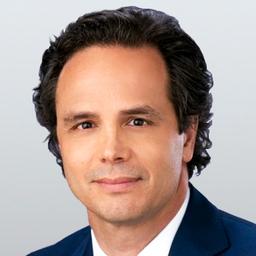The U.S. economy is doing quite well. Yet Republicans didn’t fare as well in the midterm elections as they thought the economy would afford them.
Smart observers now understand why: It’s not just the private-sector economy anymore.


The U.S. economy is doing quite well. Yet Republicans didn’t fare as well in the midterm elections as they thought the economy would afford them.
Smart observers now understand why: It’s not just the private-sector economy anymore.